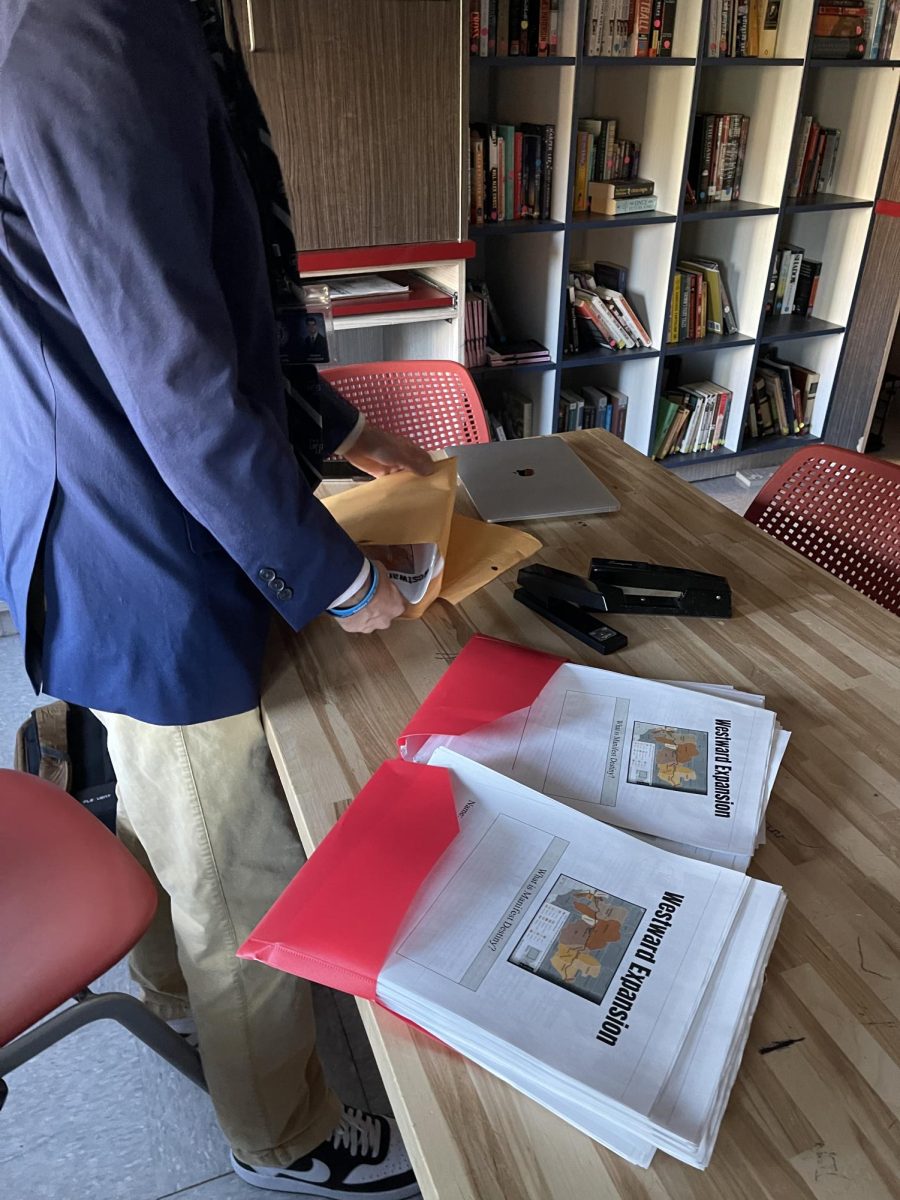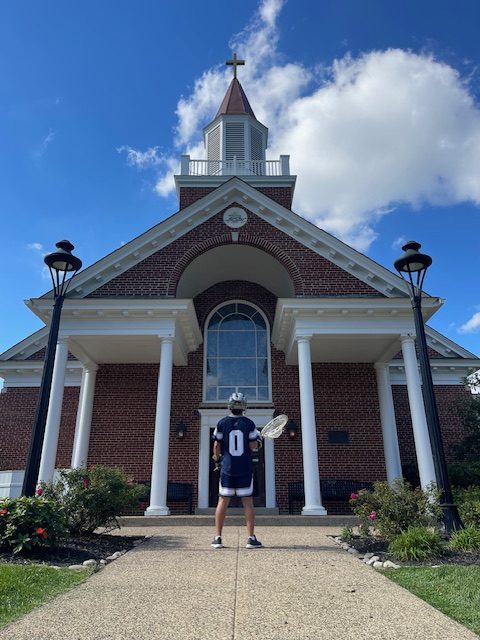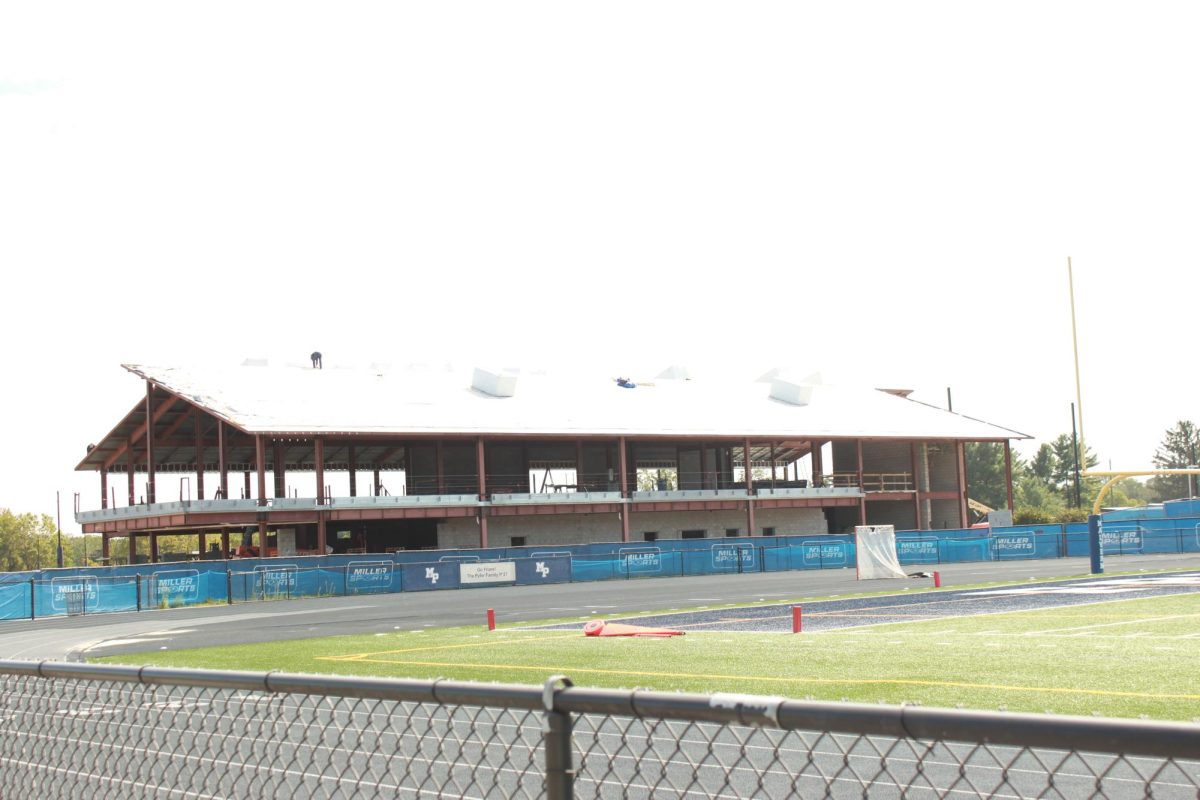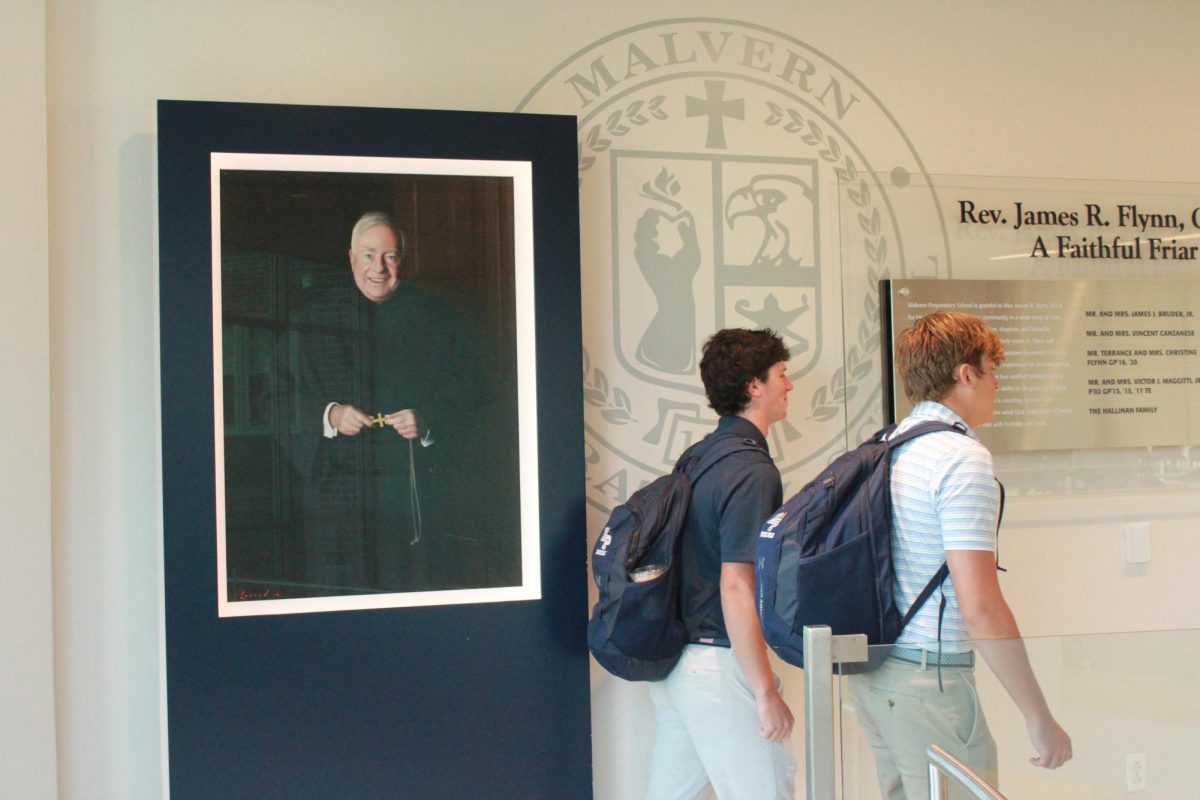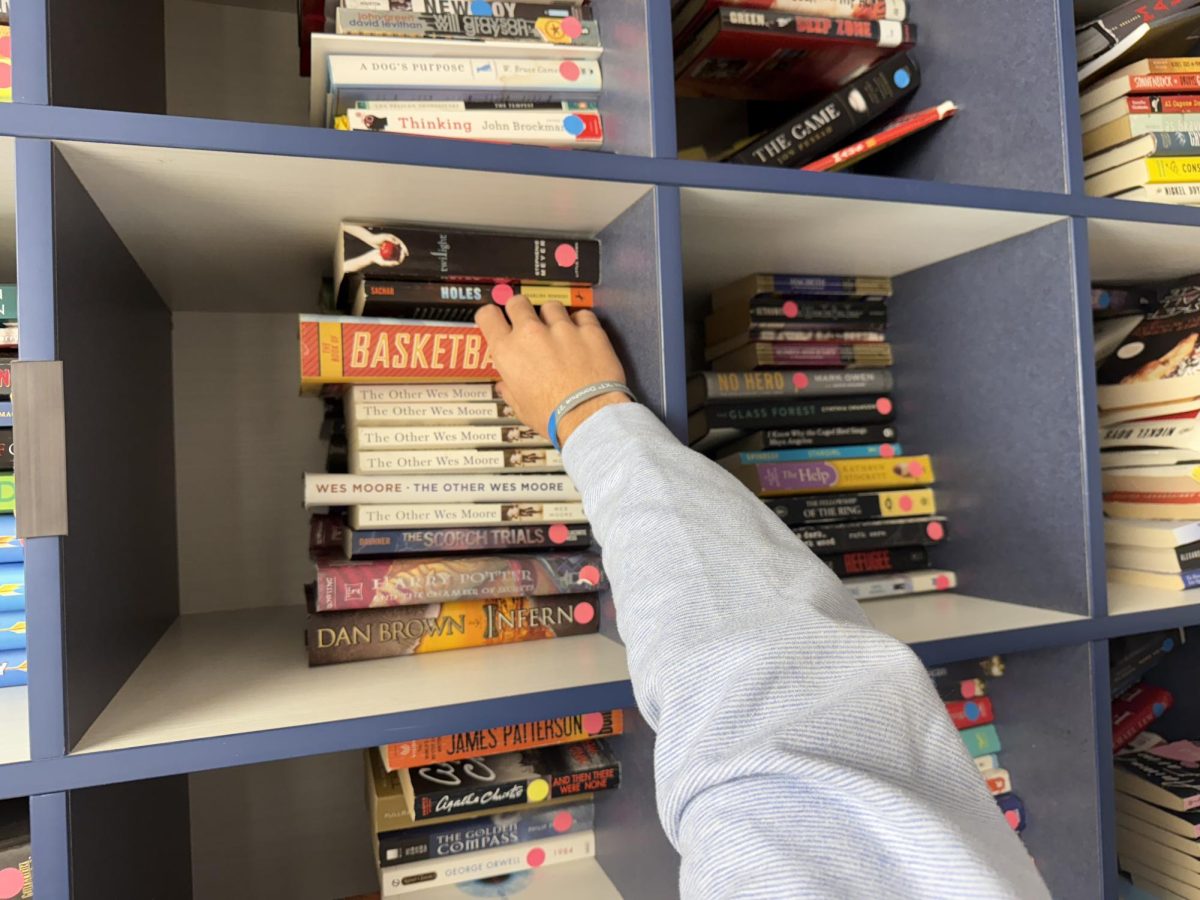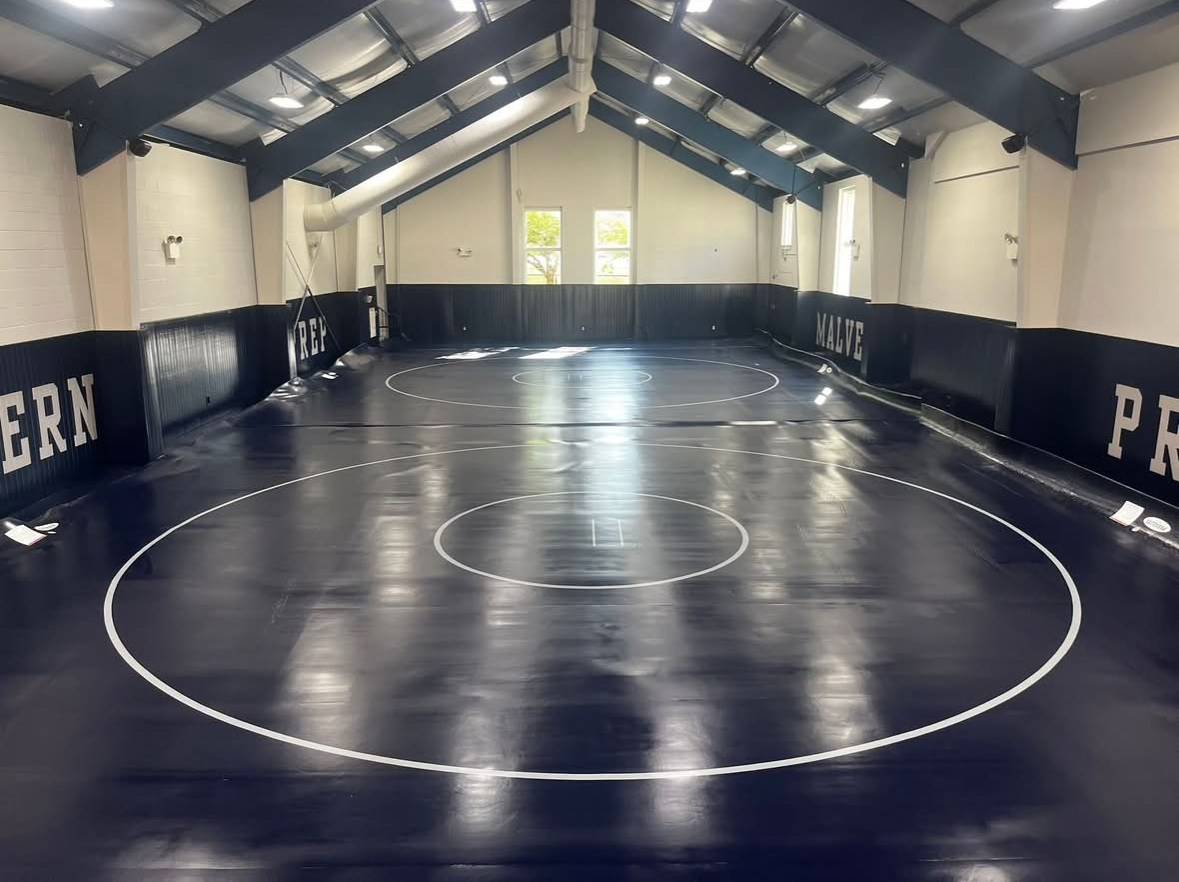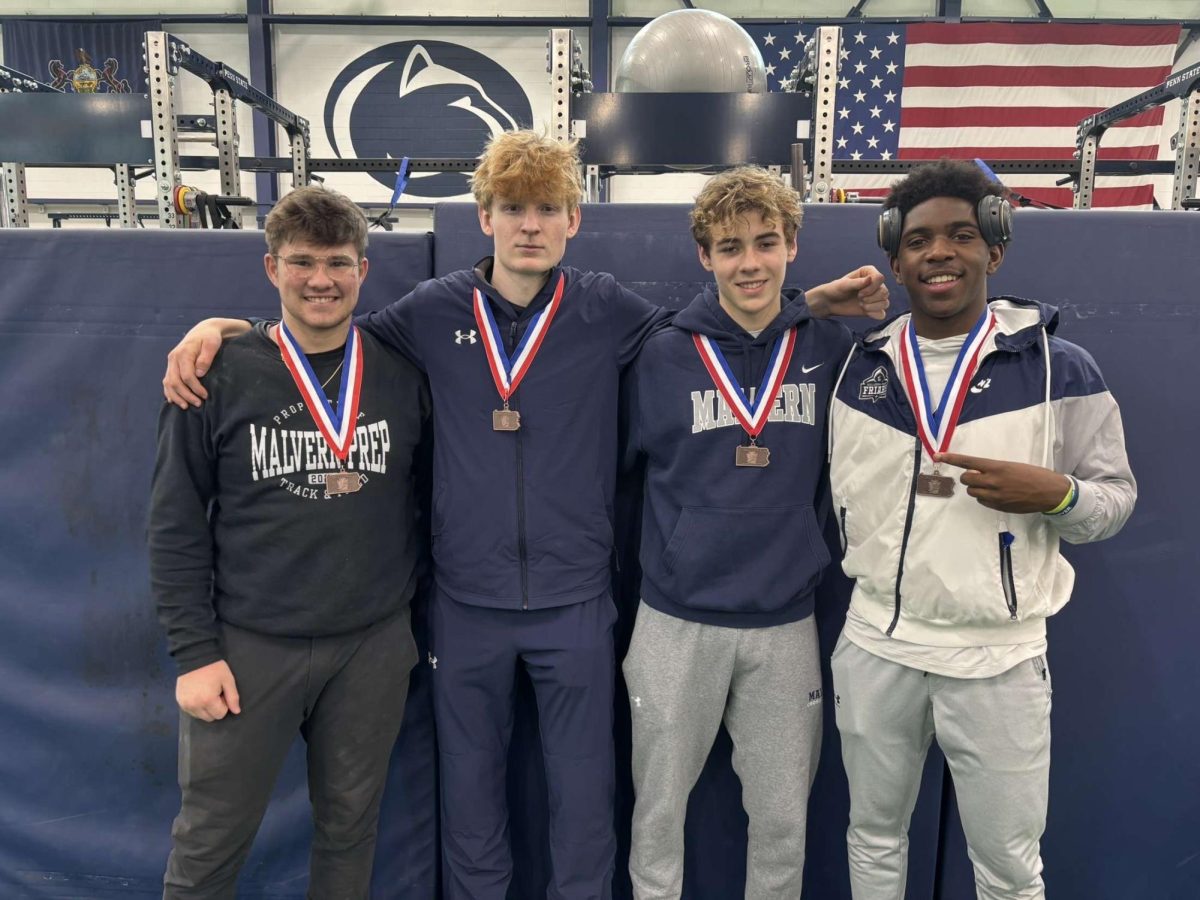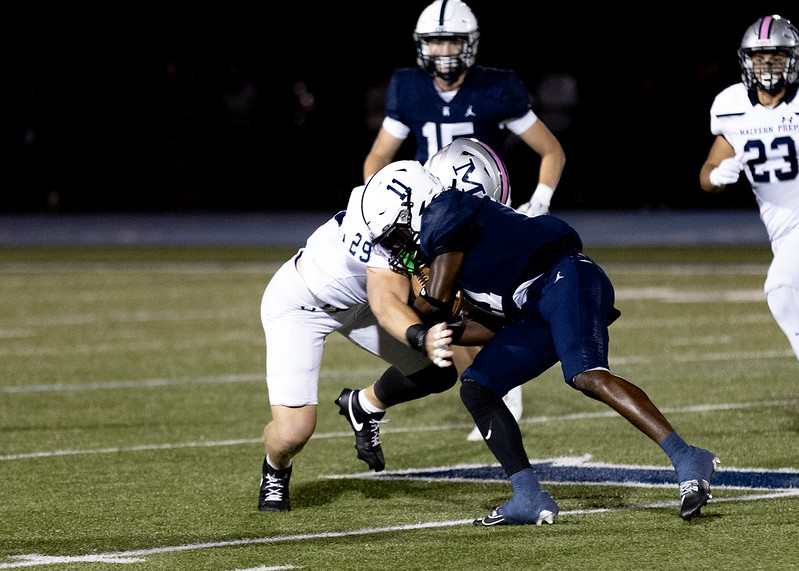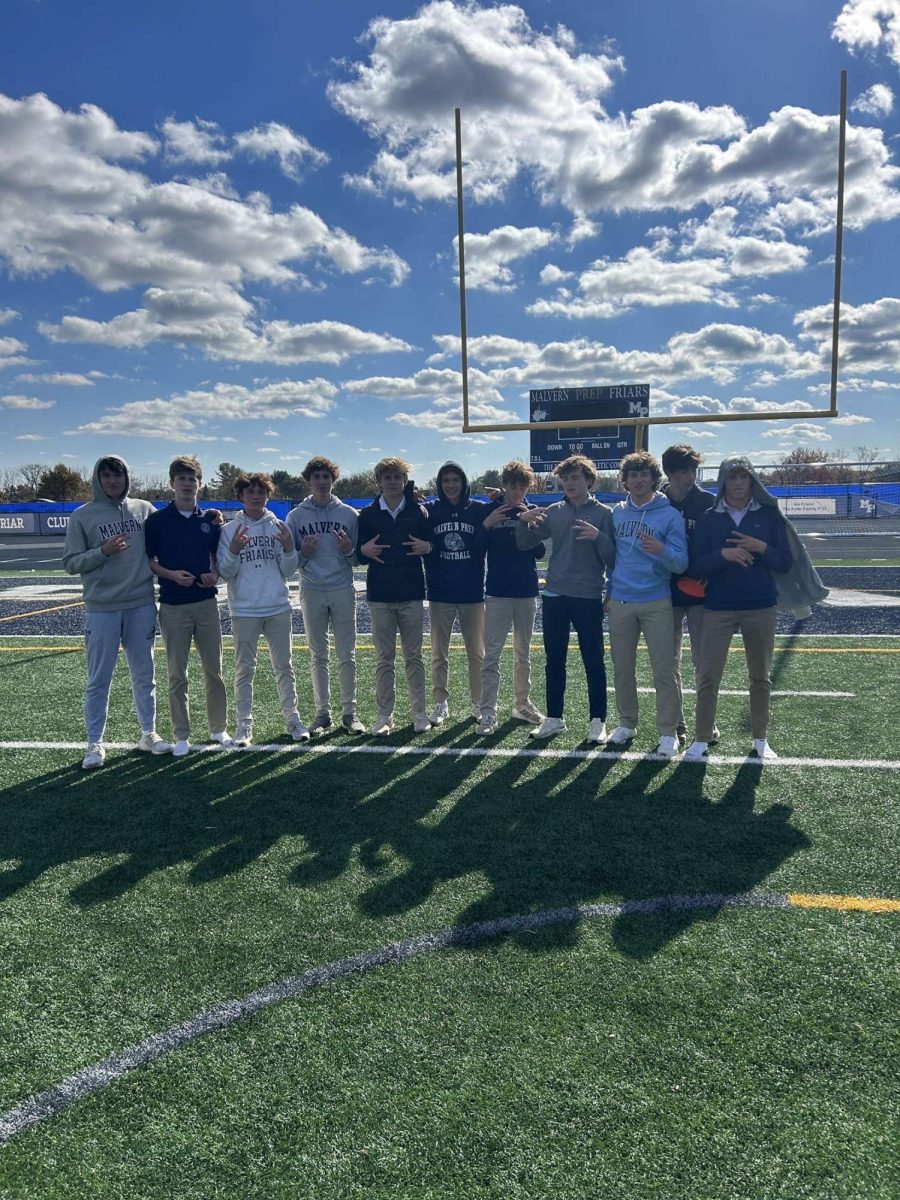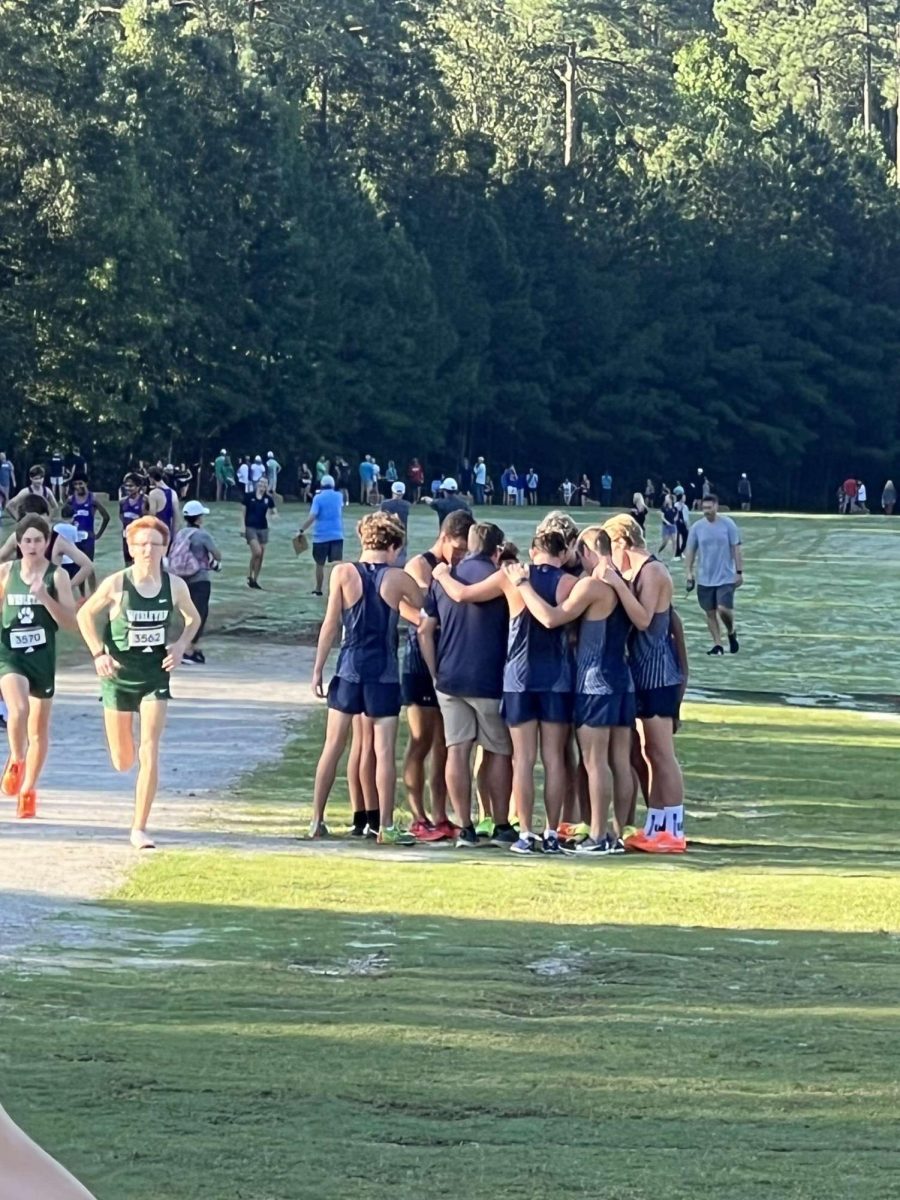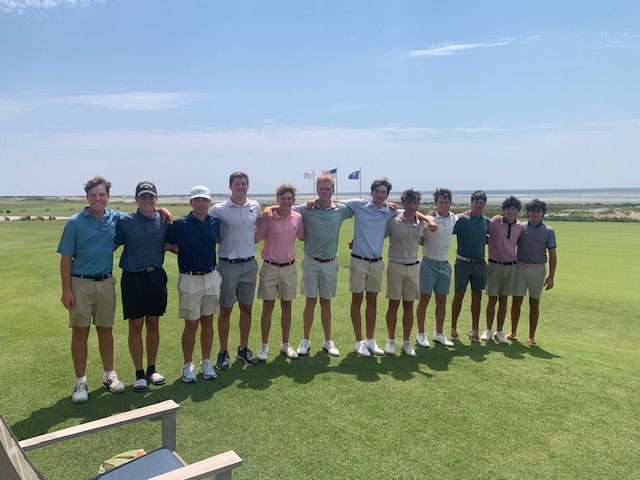For many students at Malvern, their favorite time for watching sports is in March for the NCAA basketball tournament. Students fill out brackets trying to predict who they think will win each game.
This is the favorite sporting event for many students because anything can happen. A small school that few have heard of might upset a powerhouse team, such as when Florida Gulf Coast beat Georgetown and San Diego State two years ago, advancing to the Sweet Sixteen. Only 0.5% of the brackets on ESPN predicted this to happen, consisting mostly of Florida Gulf Coast alumni and fans. Only seven 15-seeds have knocked off the number two seeds in the history of March Madness – meaning 15-seeds have only won 5.8% of the time.
There is a lot of math that goes into the selection process of March Madness. There is a selection committee made up of ten people that decide the 68 man field that will play in March. One man who has become famous for predicting which teams will make it is Joe Lunardi, ESPN’s expert bracketologist.
“Over the years, I think it’s fair to say the most important factors for the committee’s selections are: Who did you play? Who did you beat? Where were the games (home/road/neutral)?” Lunardi said in an interview. Lunardi also said that they use an eye-test on how teams who look the best will get into the tournament. Lunardi said the eye-test was “code for ex-players and coaches not wanting to trust the data in front of them.”
A lot of people locally have been wondering why Temple did not make the tournament. The committee acknowledged that Temple was team number 69 and would have made it if Wyoming did not win their conference championship.
“My opinion is that they did not give enough weight to how the Owls performed with their full lineup, in which they were 17-5,” said Lunardi. “However, all five of those losses were to teams ahead of Temple in their league. A win in any one of those games would probably have been enough, so it’s also fair to say the Owls had five chances and missed all of them.”
On an informal survey of some Malvern students, 95% of students surveyed had all four number one seeds advancing to the round of thirty-two. One student who did have a sixteen over a one was David Bolles ‘18. He chose Hampton over Kentucky. “Hampton had a great team this year, I looked for the Pirates to pull off the first round victory over Kentucky,” said Bolles.
Based on statistics, and common sense, this is a terrible pick. In all of the years of the NCAA tournament, no number sixteen seed has ever beaten a one. Based off of Kentucky’s 34-0 record this regular season, it is highly unlikely for them to lose to Hampton.
The most common upset in the past few years has been twelve seeds beating five seeds. Last year alone, three of the four twelves seeds won their first game in the tournament. Of the students surveyed, 75% of them had at least two twelve over five upsets. “Stephen F. Austin will win their first game,” said a very confident John McGlinn ‘18. However, this statement was made before Utah beat Stephen F. Austin in the first round game Thursday night.
Last year Warren Buffett did a bracket challenge where he would give $1 billion to anyone who predicted a perfect bracket. This year, Buffet did not make this offer, realizing that it was nearly impossible to predict a perfect bracket. Based on statistics any March Madness fan could calculate, there is a 1 in 9.2 quintillion chance of predicting a perfect bracket. This weighs in the fact that a sixteen seed might win the whole tournament, which is extremely unlikely, but if you wanted to have a perfect bracket and be safe, you would have to make 9.2 quintillion brackets and 292 billion years of non-stop filling out brackets.
So don’t get upset if your team gets upset, just hop along the cinderella bandwagon and put an ‘x’ through your bracket and try again.
EDITOR’S NOTE: Reporter’s interview with Mr. Lunardi posted 3/26/15, after newspaper was sent to press.


